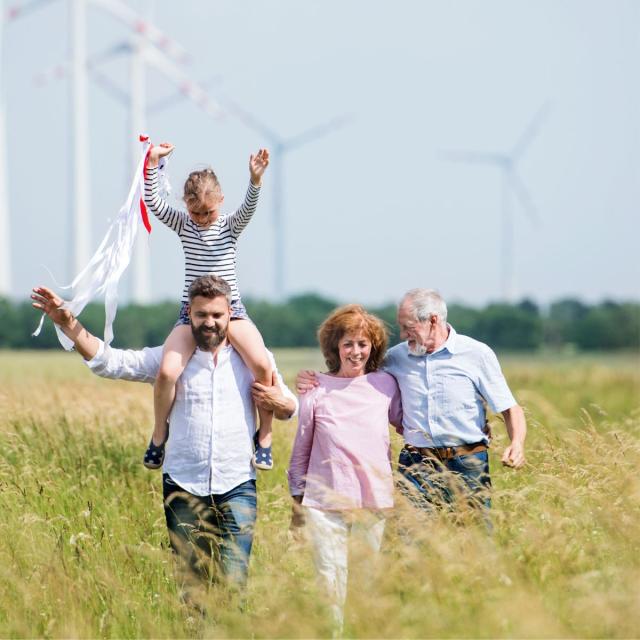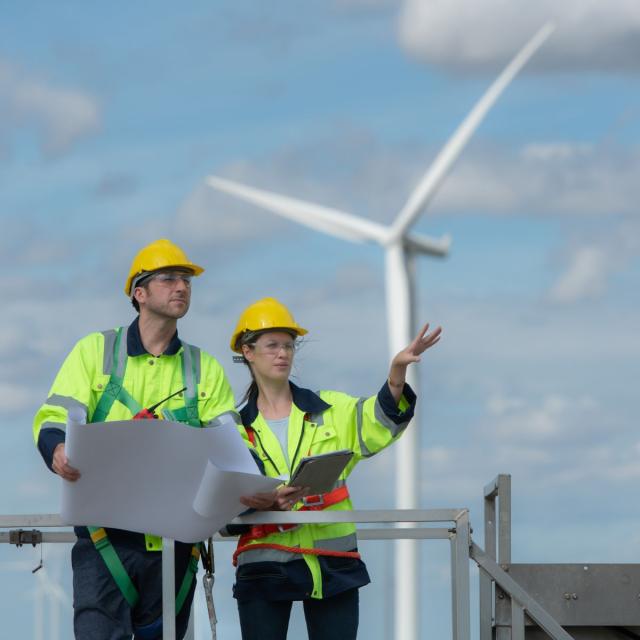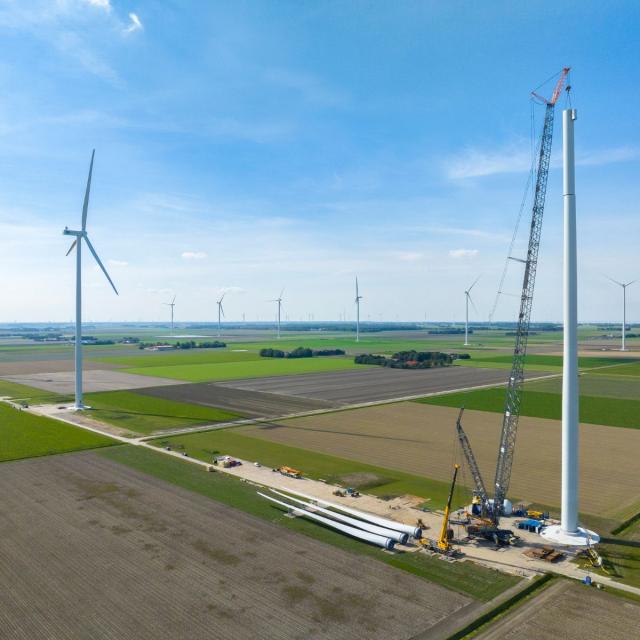Our sustainability priorities
Together, these focus areas represent the Group’s approach and commitment to holistic sustainability, recognizing fields of interest, through which we can make the biggest difference.
Our priorities
We prioritize nurturing enduring and cooperative connections not only with our employees, customers, and partners but with all stakeholders invested in Ignitis Group's success. Our business objectives are intricately woven with the United Nations Sustainable Development Goals, as we diligently work to curtail the environmental footprint resulting from our operations. We are steadfast in our commitment to fostering harmonious relationships, driving positive change, and minimizing our ecological impact on the world around us.





Sustainability in our supply chain
We collaborate with our suppliers to create a resilient and transparent economy.

